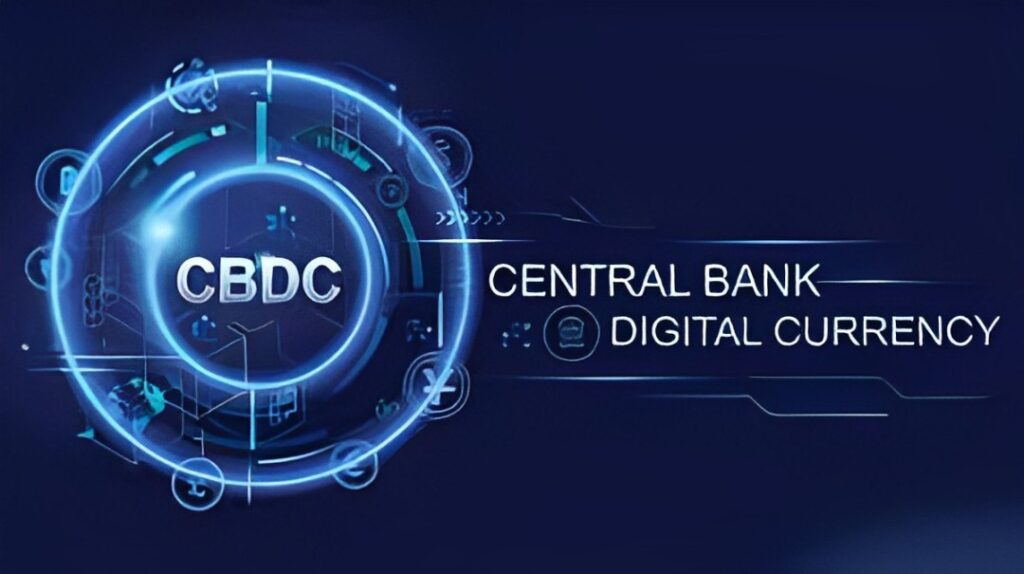Unraveling the Telgi Scam of 2003: Lessons for Modern Investors

Introduction
The Telgi Scam of 2003, a monumental financial scandal that shook India’s trust in its administrative systems, still holds valuable lessons for investors today. While the scam resulted from widespread corruption and forgery in issuing counterfeit stamp papers, it offers insights that can guide investors in navigating the complex world of finance and investment.
What was the Telgi Scam?
In 2003, India was rock by one of its most audacious and extensive financial scams – the Telgi Scam. This sprawling scandal involved the mass production and distribution of counterfeit stamp papers, leading to widespread erosion of trust in the country’s financial and administrative systems.
It was named after Abdul Karim Telgi, a former fruit vendor turned criminal mastermind. Telgi, through a combination of cunning and connections, managed to set up an elaborate network for the production and distribution of counterfeit stamp papers.
To understand, stamp papers are legal documents used to pay taxes and duties on various transactions, including real estate deals and business contracts. Telgi created a vast network of counterfeit stamp paper production, distribution, and sale, involving multiple government officials and bureaucrats.
The enormity of the scam caught the attention of law enforcement agencies and the media. As investigations unfolded, it was revealed that Telgi’s network had infiltrated government offices, security printing presses, and even high-ranking officials. The scam exposed the weaknesses and corruption within India’s administrative and financial systems.
The scam’s repercussions had far-reaching effects on India’s legal and administrative systems, leading to efforts to reform and strengthen these systems to prevent such large-scale financial frauds in the future.
Major Lessons for Modern Investors
8 Key Lessons That Modern Investors Can Learn from This Infamous Episode Are as Follows:
Vigilance and Due Diligence
The Telgi Scam underscores the importance of vigilance and due diligence in financial matters. Just as counterfeit stamp papers deceived government officials and institutions, investors must carefully scrutinize investment opportunities and conduct thorough research before committing funds. Conducting thorough background checks, verifying credentials, and seeking professional advice can help safeguard against fraudulent schemes.
Transparency and Accountability
Transparency is essential for maintaining trust and confidence in financial transactions. The Telgi Scam exposed the corrosive effects of opacity and corruption. Investors should seek investments with transparent reporting, clear terms, and well-defined processes. Companies that uphold high accountability standards are more likely to deliver sustainable returns and foster investor trust.
Diversification and Risk Management
The Telgi Scam’s far-reaching consequences highlight the importance of diversification and risk management. Investors who had placed their trust solely in a single financial instrument or asset were disproportionately affect. Diversifying one’s investment portfolio across different asset classes can mitigate risks and help cushion against unexpected market downturns or fraud.
Scrutinize Promises of Quick Gains
Much like the promise of easy profits from counterfeit stamp papers, modern investors may encounter investment schemes that offer unrealistically high returns with little risk. Such commitments often raise red flags. Investors should exercise caution and critically evaluate the feasibility of extraordinary gains, remembering that sustainable growth typically requires time and prudent decision-making.
Regulatory Awareness and Compliance
The Telgi Scam exposed the vulnerabilities of regulatory systems. Investors should be vigilant about understanding the regulatory environment in which they operate. Complying with legal and financial regulations is crucial to ensuring the legitimacy of investments and protecting against potential legal repercussions.
Building a Long-Term Strategy
The scam’s aftermath serves as a reminder that financial success is built on a solid foundation, not shortcuts or deceit. Investors should adopt a long-term perspective when making investment decisions, focusing on building wealth gradually and sustainably. Avoiding impulsive decisions and chasing quick gains can help mitigate the risk of falling victim to fraudulent schemes.
Education and Empowerment
Investors today can empower themselves through financial literacy and education. Well-informed investors are better equipped to recognize warning signs, make informed decisions, and protect their financial interests.
Ethical Investment Practices
Ultimately, the Telgi Scam is a stark reminder of the importance of ethical behavior in financial dealings. Investors can contribute to a more transparent and trustworthy financial ecosystem by supporting companies and initiatives that prioritize ethical values and responsible business practices.
Conclusion
The Telgi Scam remains a cautionary tale, offering a wealth of insights for modern investors. While the scam exposed the darker aspects of financial systems, it illuminated the path toward informed and responsible investment.
By learning from past mistakes, investors can navigate today’s complex financial landscape with greater wisdom, vigilance, and commitment to ethical financial practices. As the world of finance continues to evolve, the lessons of the Telgi Scam remain timeless guides for building a secure and prosperous financial future.
Response (4)
Leave a comment Cancel reply

Why should you choose Banking and Financial services fund?

Difference Between Mutual Funds and Exchange Traded Funds: A Closer Look

When the world order responds to cryptocurrency: CBDC

India’s CBDC Project: A New Direction Towards Digital Currency

How to Earn Passive Income Using a Staking Pool?



Quibusdam eos earum neque velit necessitatibus. Sunt rem omnis fugit odit qui tempore numquam deleniti. Assumenda dolorem voluptas officiis ut et voluptates non. Ad repellat et rerum debitis rerum.
Atque quod reiciendis maxime magni. Odio ipsum aperiam dolorem est praesentium. Eum ea sit eos omnis. Consequatur est veritatis esse rem necessitatibus.
Ut quaerat odit rerum quis autem perferendis ut. Corrupti impedit blanditiis eos dolorem voluptatum. Voluptatum voluptas autem autem autem aut recusandae neque.
Voluptas sint vero vel rerum id ducimus vel dolor. Ut omnis sit soluta saepe non magnam iste. Et ut temporibus dolorem soluta. Quas in nihil et quia illo autem dolor alias.
In ipsam voluptate aperiam quasi amet id eius qui. Ipsam et et commodi molestiae. Voluptatum reiciendis molestiae nobis ut dolores. Sunt magnam officiis ut velit nihil nemo.
Ullam eveniet eaque enim eum. Et minus voluptates recusandae nemo unde sit officiis. Sed voluptates culpa velit fugiat vero.